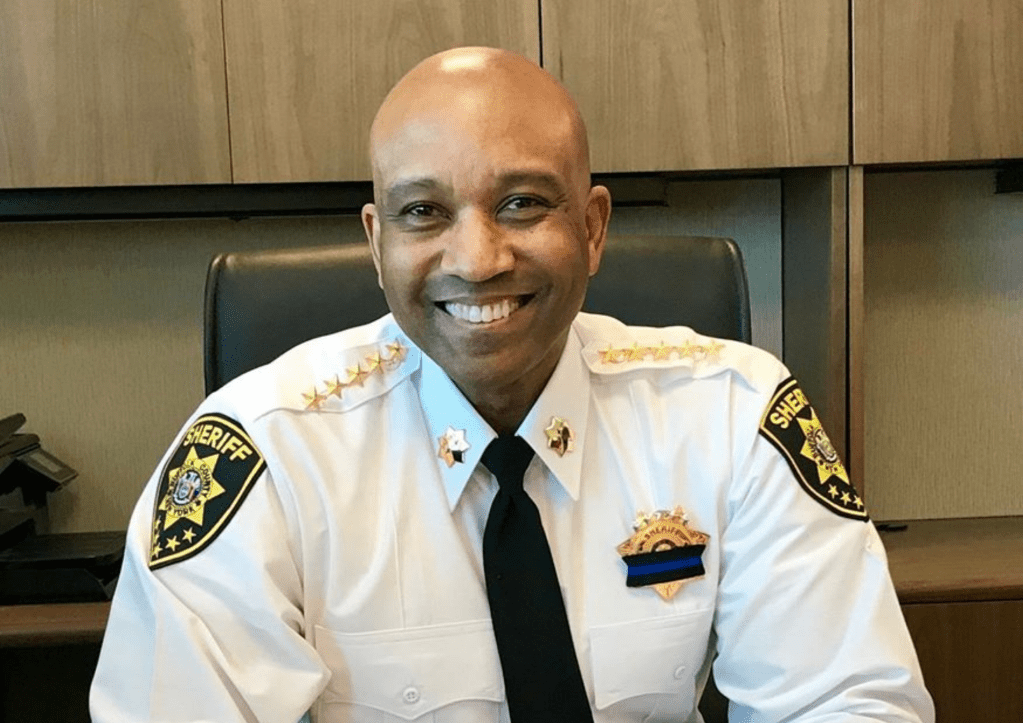Jeffrey Epstein and Ghislaine Maxwell may be the household names associated with human trafficking, but exchanging sex for money is common throughout New York State and beyond. It is estimated that up to 20 percent of American men will purchase sex during their lifetime; roughly half think that prostitution should be legalized in the U.S. Sex buyers often justify their actions by claiming there is no harm caused by the commercialization of sex if it is between consenting adults.
Studies refute this. Many sex workers report personal histories of domestic violence and child sex abuse and suffer from trauma, depression and other mental illnesses. Unfortunately, most people are unaware that many sex workers are controlled by human traffickers. The money exchanged enriches organized crime, and those for hire are ensnared into this dehumanizing practice through threats of violence and addictive drugs.
Sadly, many victims receive only intervention services after entering the criminal justice system. In 2018, I started the Sheriff’s Anti-Trafficking Initiative (SATI), the first unit of its kind in a county jail focused on identifying victims, connecting them with services, and building cases against traffickers. The unit has conducted more than 2,300 inmate interviews, identifying 198 human trafficking victims and 129 perpetrators. This has led to more than 500 victim referrals for services.
SATI uses comprehensive screening to identify and aid victims. Identified victims are referred to SATI investigators, who educate them about trafficking. As the victims’ comfort level evolves, officers can bring in social service and mental health workers to delve deeply into the effects of victimization.
Albany lawmakers are considering measures to decriminalize the sex trade. One of two so-called justice reform bills making their way through the New York State Senate and Assembly is the Full Decriminalization Model, which would eliminate the arrest or prosecution of sex trade buyers and sellers. This would legalize brothel owners and managers, escort service owners, sex buyers and sex tourism operators. A counter bill, the Equality Model, would decriminalize working in the sex trade while continuing to arrest pimps, brothel owners and managers, escort service owners, sex buyers, and sex tourism operators. Since most people arrested for prostitution are trafficking victims, this would give law enforcement the ability to dismantle those enriched by the trade, and intervene on behalf of victims.
I urge lawmakers to consider the implications of such changes to state law, which must better protect sexual exploitation victims and provide mental health treatment to human trafficking victims. Both would likely increase the demand for sex services, leading New York to become a travel destination for people who engage in the practice. This could increase demand in child sex trafficking because of greater demand for sex workers. Criminal networks would fill that demand by luring younger victims into the trade.
Decriminalization, while well intentioned, does more harm than good.
Errol D. Toulon Jr. is a Suffolk County Sheriff.
Sign up for Long Island Press’ email newsletters here. Sign up for home delivery of Long Island Press here. Sign up for discounts by becoming a Long Island Press community partner here.



























